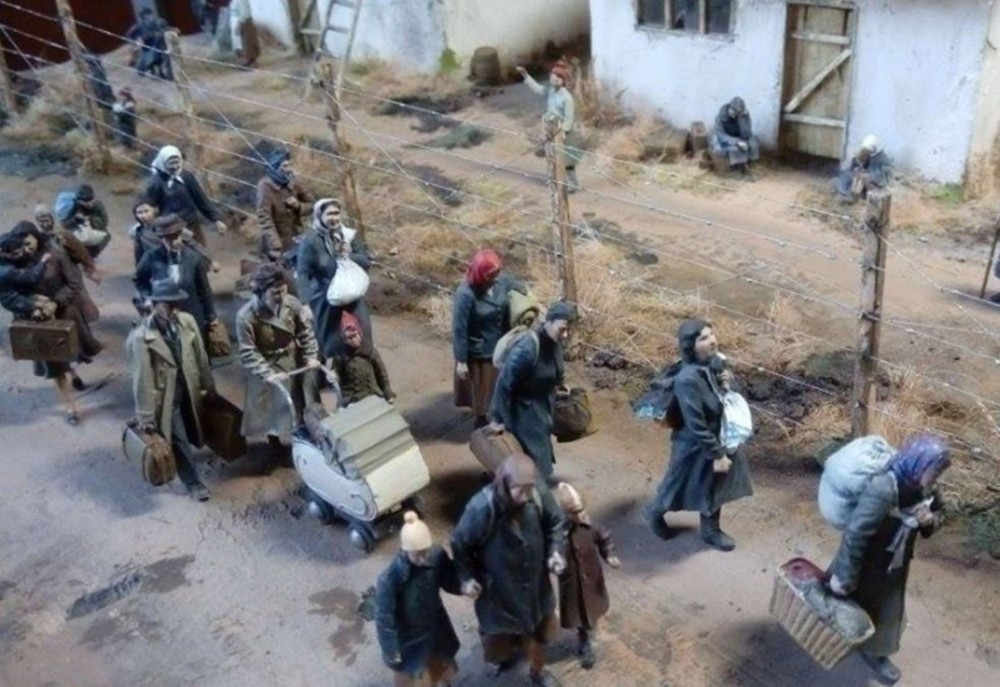
The paper reveals the social and economic policy of the Romanian administration regard-ing the rural population in the interfluve of the Dniester and the Southern Buh in 1941-1944. One of the focal points of the Romanian occupation economic policy was the establishment of the agricultural sector of production, for which Directorate General for Agriculture was estab-lished. In order to reorganize the Soviet system of agricultural management, the Administra-tion developed and introduced Order No 55, according to which the transformation of collec-tive farms into «labour communities» took place. It has been found out that since the first days of occupation, the Romanian authorities impudently started to plunder the rural population. For the rural population, a number of taxes in kind were developed and introduced. For the needs of the invaders, villagers gave fleece, socks, mittens, and felt boots. According to Order No66, the peasants were obliged in the form of taxes to give milk, eggs, poultry, meat (pork, beef, mutton). Despite the existence of that order, besides taxes in kind, the peasants paid the money for land, cattle grazing and keeping dogs.To ensure the fulfilment of all plans of the invaders aimed, in particular, at the most impor-tant — the continuity of agricultural products supply, several regulations that obliged all rural residents to work were introduced. The refusal of the population to execute all orders of the occupation authorities, including the refusal to go to work, could cause the infliction of various punishments from monetary fines to imprisonment. The Romanian authorities in the occupied lands of Southwestern Ukraine tried to save not only collective farms but also created by the Stalin authorities a pre-war system of remuneration of labour, «workday».Agricultural workers got payment in kind. The peasants got those types of agricultural products, which were grown by «labour communities».Such barbaric social and economic policy of the invaders placed the rural population in a very difficult position, condemning it to an impoverished existence.
Source: Osypenko O. (2019) Social and Economic Policy of the Romanian Administration in the Rural Area of South-western Ukraine in 1941-1944. Eminak. №2(26): 83-96
Source web-site: https://eminak.net.ua/index.php/eminak/article/view/294/129
Number of views: 2926